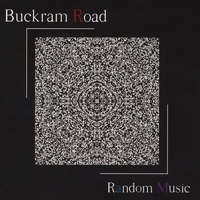How should Long Island 2.0 (on our way to Long Island 3.0: a Semantic Web) be structured?
Some of our previous posts have suggested a methodology, and with New York State's new focus on creating greater governmental efficiencies perhaps the time is drawing near for a comprehensive approach to problem solving. New York State's appointment of a panel of "governmental experts" is a good first step like some of the bi-county commission projects recently proposed, but without an overall systematic approach to problem solving and without the inclusion of a wide range of experts we may not advance as quickly or as thoroughly as we would hope.
Long Island, indeed, New York State, has some of the brightest people on this planet. The goal is to get them all working in a coordinated manner for the public good. Although we are attempting to create a dynamic and "virtual" method to address issues, our existing universities and library systems will play a vital role in the accumulation, categorizing and analysis of information both for public access and for public policy analysis and debate.
All "preconceived" notions of what government should be, how public communication and information should be transmitted and how public decisions are made (among only a few issues) should be placed to the side as we attempt to design a method for Long Island's (and New York State's) future.
As we have stated previously, there is more than enough funding in "the system" to accomplish this task. If designed properly, it will remove the barriers between organizations and foster a competitive environment for innovation and the "marketing" of Long Island and Long Island services and products as a region and a destination.
Long Island must make sure that its unique needs do not get consumed by the needs of New York State as a whole. Innovative thinking will allow regional autonomy on Long Island and for Long Island in any New York State plan. Any plan which disregards the public distrust of "government" (the bigger the government the greater the loss of control and trust) and seeks to unreasonably limit local autonomy is destined to encounter severe trouble and possible failure. It may be harder to allow autonomy within a larger system, but it also promotes diversity and innovation. A "one size fits all" approach rarely works.
Perhaps a "Long Island 2.0" or "Long Island 3.0" Commission is something our state government could address in the near future. The world will change with or without us, so why not be proactive?
Monday, April 23, 2007
Subscribe to:
Post Comments (Atom)











































No comments:
Post a Comment